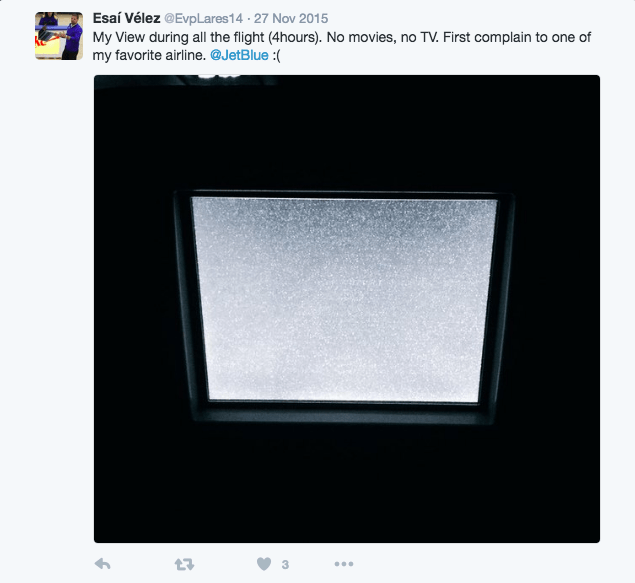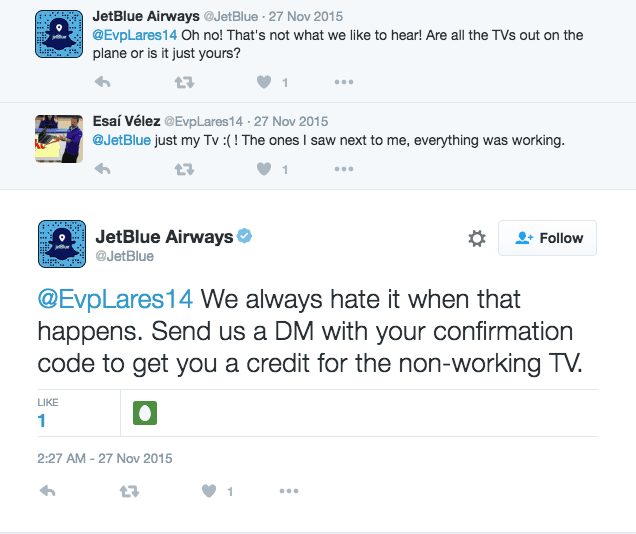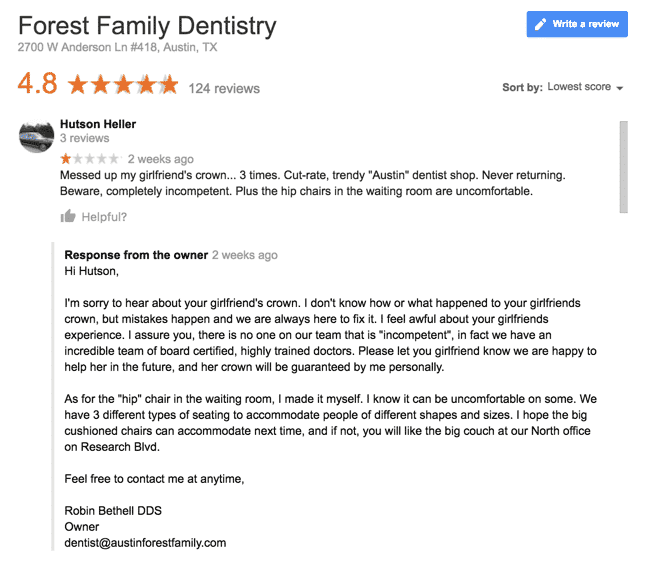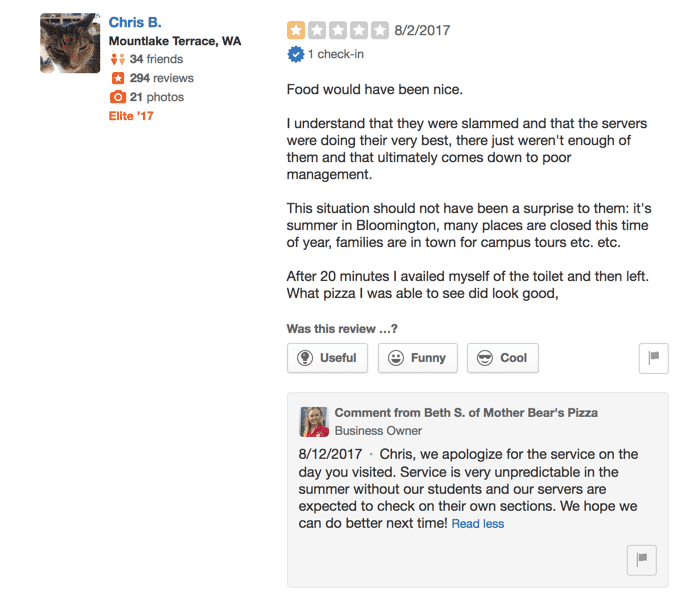As a business owner, you’re no stranger to the concept of negative reviews. A negative review can happen regardless of the quality of your work or how many people love your business. A negative review may not seem like a big deal, especially if most of your customer feedback is positive – but it’s always best to address the situation.
You may be well aware that negative reviews can alter consumer perception of your business. In fact, 84% of people trust online reviews as much as a personal recommendation.
The team at Broadly recommends the following steps to construct an effective response to a negative review.

1. ACKNOWLEDGE THE ISSUE
In most cases, even if you don’t think the customer is right, it’s important to acknowledge the issue. For example, begin your response with something like this:
“Thank you for providing your feedback and letting us know about this issue.”
Thank the customer for bringing the situation to your attention. Whether the customer doesn’t understand your process or is just having an off day, it never hurts to take the first step to find a solution.
EXAMPLE
The Jet Blue Twitter Team did a great job quickly responding to this unhappy passenger by acknowledging that it is a problem their tv screen is not working and then ask them to direct message them details to help them make it right.


2. APOLOGIZE
What’s the point in acknowledging the issue if you aren’t going to provide an apology? Again, even if you feel that the customer is in the wrong, you should always take the high road by issuing an apology. Not only does an apology appease the customer, but it also shows others that you care about providing a high level of service. Here’s an example of how your response continues:
“We apologize that our service did not satisfy your expectations. We set a high standard for ourselves and are truly sorry to hear that standard was not met in your interaction with our business. Your happiness is our number one priority”.
This apology is sincere, to the point, and demonstrates that your business sets a high standard and intends to deliver.
EXAMPLE
Forest Family is a dental office that does a great job apologizing and giving the patient the opportunity to contact her directly to resolve this negative Google review. Even if the patient doesn’t return as a potential patient this makes me want to visit them.


3. PROVIDE AN EXPLANATION, IF NECESSARY
There are times when an apology is more than enough to address a situation. Even so, there may also be instances where you’ll need to provide more information to clear up a misunderstanding. Here’s an example of an in-depth explanation that follows an apology:
“Our entire team apologizes for the miscommunication that took place when scheduling your service appointment. We experienced a serious technical issue with our scheduling software, which caused us to lose valuable information about our upcoming appointments. As a result, we did not meet our scheduled service window at your home.
We truly apologize for the inconvenience this has caused you. We have since resolved the technical issue, so feel free to re-schedule an appointment online or by calling us directly. We hope to have the opportunity to serve you soon.”
There are three things to remember when providing an explanation:
- Don’t make excuses – take responsibility. Be clear why the misunderstanding occurred.
- Issue an apology, even if the other party was in the wrong.
- Offer advice on how to re-engage with your business.
EXAMPLE
Mother Bear Pizza a local pizza shop does a great job explaining the reason behind the delay without coming across as making excuses. If they consistently respond to reviewers it will help them build a trustworthy Yelp profile that doesn’t filter out your Yelp reviews.

4. COMPENSATE THE REVIEWER APPROPRIATELY
As a consumer, there’s nothing worse than having a negative experience with a company and have them brush it off like it was no big deal. In their eyes, the fault either has cost them time or money.
As such, be willing to go above and beyond and incentivize or compensate the consumer to use your business again. An apology goes far, but a 20% credit on their next service is much more incentive for them to use your business again. If you’re willing and able to go that extra step it could mean the difference between a one-time customer and a lifetime customer.
EXAMPLE:
- 20% off next service (For example 20% off their next spa visit)
- Offer them priority scheduling – reschedule with them as soon as possible to rectify the problem

5. INVITE THE REVIEWER TO DISCUSS THE MATTER OFFLINE
Offer to resolve the problem offline. In person or on the phone you’ll be able to resolve your customer’s problems and allow both parties to reach a resolution. Here’s how you can extend that invitation following your initial apology:
“Please reach me personally via email or phone, and I would be happy to discuss the issue at your earliest convenience.”
Make sure to provide your name, title, and direct contact information (or that of a manager at your business who has the authority).
We do not recommend that you ask the person to remove the review, as this could make the situation worse. Simply ensure the client feels that their complaint was heard.
EXAMPLE
Honda of Thousand Oaks an auto dealership does a good job giving the person a direct line to their General Manager to help them resolve the issue.

CONCLUSION
Even though it may be difficult, responding to a negative review is part of maintaining your integrity as a business. Keeping an even tone with your customers in your interactions online and offline will only help you in the long run.
In a perfect world, every online review your business receives would be positive. Unfortunately, this isn’t realistic. Although it can seem unfair, it’s important to acknowledge negative reviews and prepare for them.
If you ignore negative reviews altogether customers are unlikely to return. Furthermore, the customer may continue to share his or her negative feelings about the experience with others offline, which causes even further damage to your business’s reputation in the community.
If you would like to be proactive and keep negative feedback offline with a simple solution, get in touch with us to learn more.






